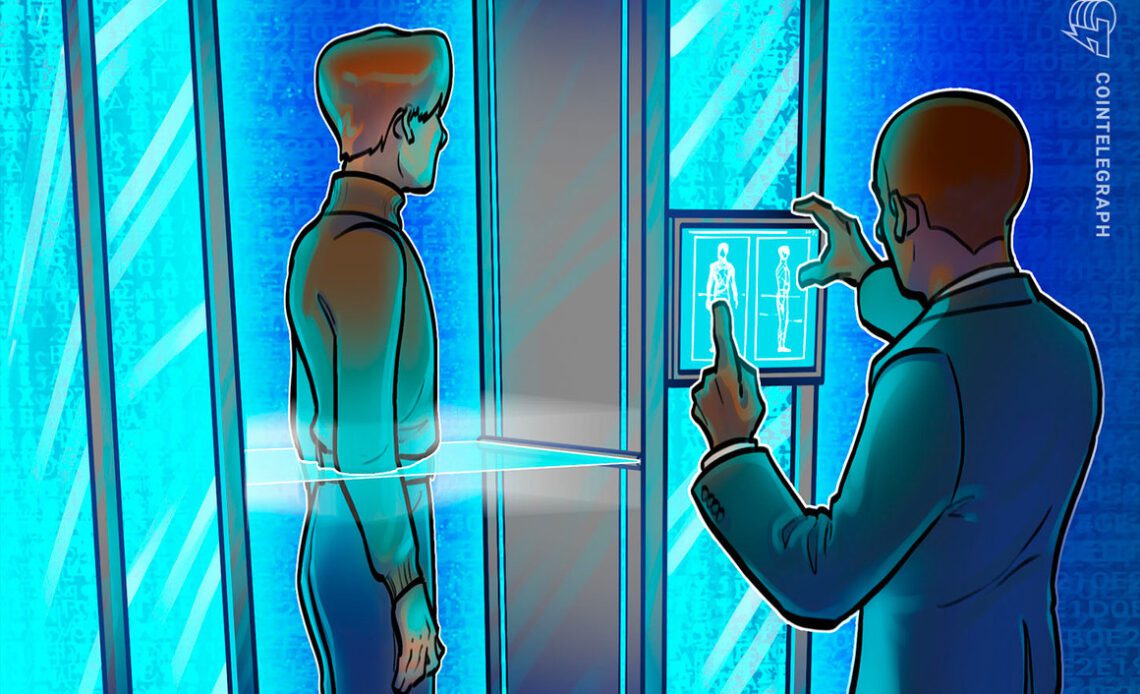Web engineers have been working for a long time to determine if there is a way to prove something is true without revealing any data that substantiates the claim. Zero-knowledge proof (ZKP) technology has enabled the deployment of cryptographic algorithms for verifying the veracity of claims regarding the possession of data without unraveling it. These proof mechanisms have led to advanced mechanisms that enhance privacy and security.
Leveraging blockchain deals with problems related to centralization, while the lack of privacy in decentralized applications (DApps) can be balanced with cryptographic ZKP algorithms.
This article provides a primer on zero-knowledge proofs, portable identity, problems in prevailing identity solutions, blockchain-based zero-knowledge proof powered portable identity solutions, trustless authentication and the process of creating password credentials.
What is a zero-knowledge proof?
A zero-knowledge proof is a cryptographic technique that establishes the authenticity of a specific claim. It enables a protocol to demonstrate to a verifier that a claim about certain confidential information is accurate without disclosing any critical information. The technology facilitates interactive as well as non-interactive zero-knowledge-proof applications.
An interactive proof needs multiple communication mechanisms between the two parties. On the other hand, a non-interactive zero-knowledge proof requires a single exchange of information between participants (prover and verifier). It improves zero-knowledge efficiency by reducing the back-and-forth communication between the prover and the verifier.
A zero-knowledge proof works by a prover showcasing to a verifier that they have an identifying secret without disclosing the secret itself. For instance, a prover might be holding an asymmetric key pair and using the identifying secret as a private key to respond to the statement sent with the public key. This culminates in a situation where the verifier is convinced that the prover has the key without the prover revealing it.
Thanks to zero-knowledge proof technology, a user could demonstrate they are of an appropriate age to get access to a product or service without revealing their age. Or someone could prove they have sufficient income to fulfill criteria without having to share precise information about their bank balance.
Zero-knowledge identity authentication
The need of businesses to manage voluminous amounts of consumer data while ensuring…
Click Here to Read the Full Original Article at Cointelegraph.com News…
























